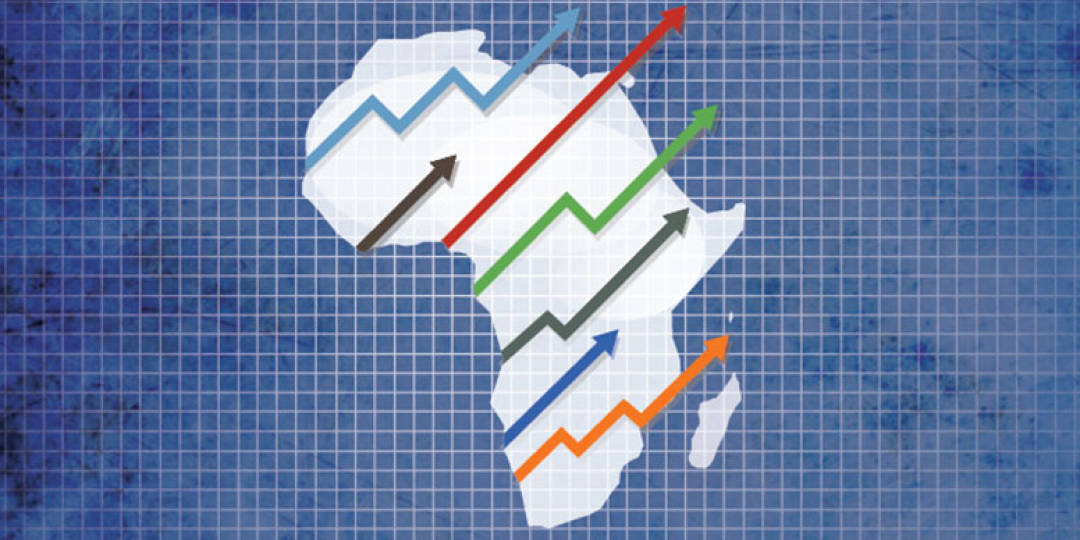Africa’s economic performance is showing signs of improvement but remains vulnerable to global shocks, according to the 2025 Macroeconomic Performance and Outlook (MEO) report released by the African Development Bank (AfDB) on Friday.
The report, unveiled on the sidelines of the 38th Ordinary Session of the African Union Assembly in Addis Ababa, projects real GDP growth to accelerate to 4.1% in 2025 and 4.4% in 2026. The forecast is attributed to economic reforms, declining inflation, and improved fiscal and debt positions.
Despite the positive trajectory, the report highlights that Africa’s growth remains below the 7% threshold required for substantial poverty reduction. The continent also continues to grapple with geopolitical tensions, structural weaknesses, climate-related disasters, and prolonged conflicts in regions such as the Sahel and the Horn of Africa. It estimated Africa’s average real GDP growth to be 3.2% in 2024, slightly higher than the 3.0% recorded in 2023.
The report notes that while inflationary pressures persist, Africa’s average inflation rate is expected to decline from 18.6% in 2024 to 12.6% in 2025-2026 due to tighter monetary policies. Fiscal deficits have widened slightly from 4.4% of GDP in 2023 to 4.6% in 2024 but are projected to narrow to 4.1% by 2025-2026. Public debt levels have stabilised but remain above pre-pandemic levels, with nine countries in debt distress and 11 at high risk of distress.
The MEO, published by the Bank biannually in the first and fourth quarters, responds to a critical need for timely economic data amid global uncertainty. It serves policymakers, development partners, global investors, researchers and other stakeholders.
The 2025 report identifies 24 African nations, including Djibouti, Niger, Rwanda, Senegal, and South Sudan, as poised to exceed 5% GDP growth in 2025. Additionally, Africa remains the world’s second-fastest-growing region after Asia, with 12 of the 20 fastest-growing economies projected to be on the continent.
Ethiopia’s finance minister, Ato Ahmed Shide, praised the report’s depth of analysis. “It underscores the fragility of Africa's economic growth, which is projected to hover around 4% in the near term,” he said, emphasising the need for proactive policy measures to sustain growth and stability.
He said Ethiopia had taken bold steps to restore macroeconomic stability, build resilience, and accelerate growth, with the government prioritising economic liberalisation, private sector empowerment, and fiscal discipline.
In her remarks at the report’s launch, Nnenna Nwabufo, vice president for regional development, integration, and business delivery at the AfDB, highlighted the continent’s potential for driving global economic expansion but said achieving this required decisive and well-coordinated policies.
“As Africa navigates an increasingly complex economic landscape, policymakers must adopt a forward-looking approach to reinforce resilience and drive sustainable growth. Africa’s economic resilience and growth prospects remain strong, but challenges persist,” said Nwabufo, who represented the Bank Group’s president, Dr Akinwumi Adesina.
African Union trade commissioner Albert Muchanga called on the private sector to do more to support the African Continental Free Trade Area, including through increased investments in logistics and manufacturing. “What I would expect [African businesses] to do is come up with logistics centres and warehouses across Africa; I would also expect the African private sector to start planning to develop an African shipping line. We are sitting on potential; the business sector has not responded,” Muchanga said.













